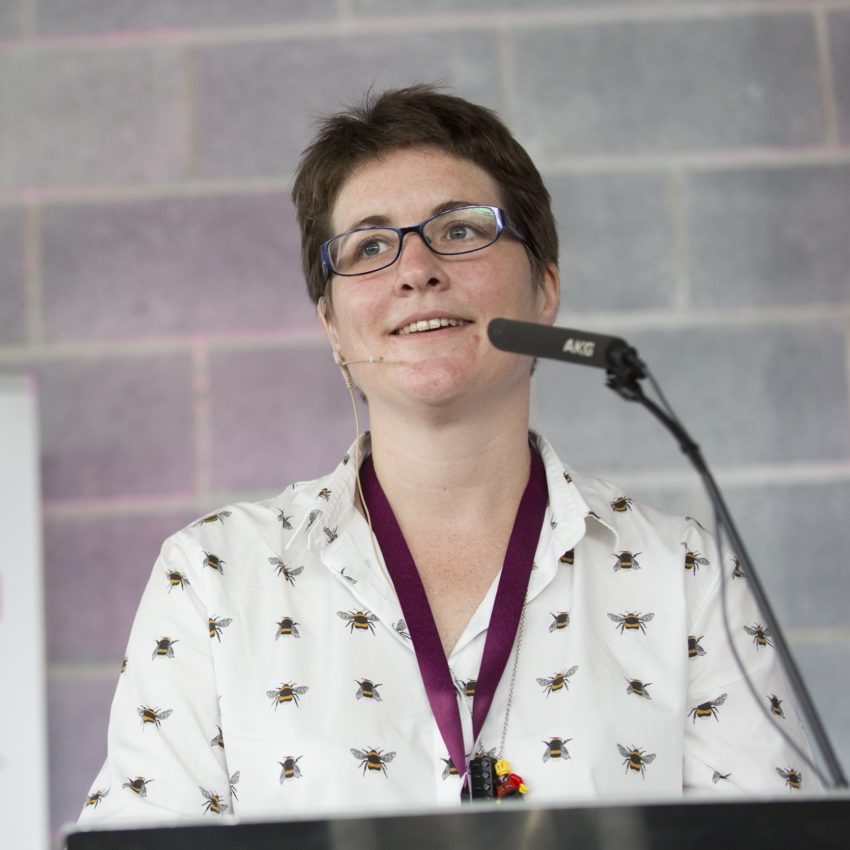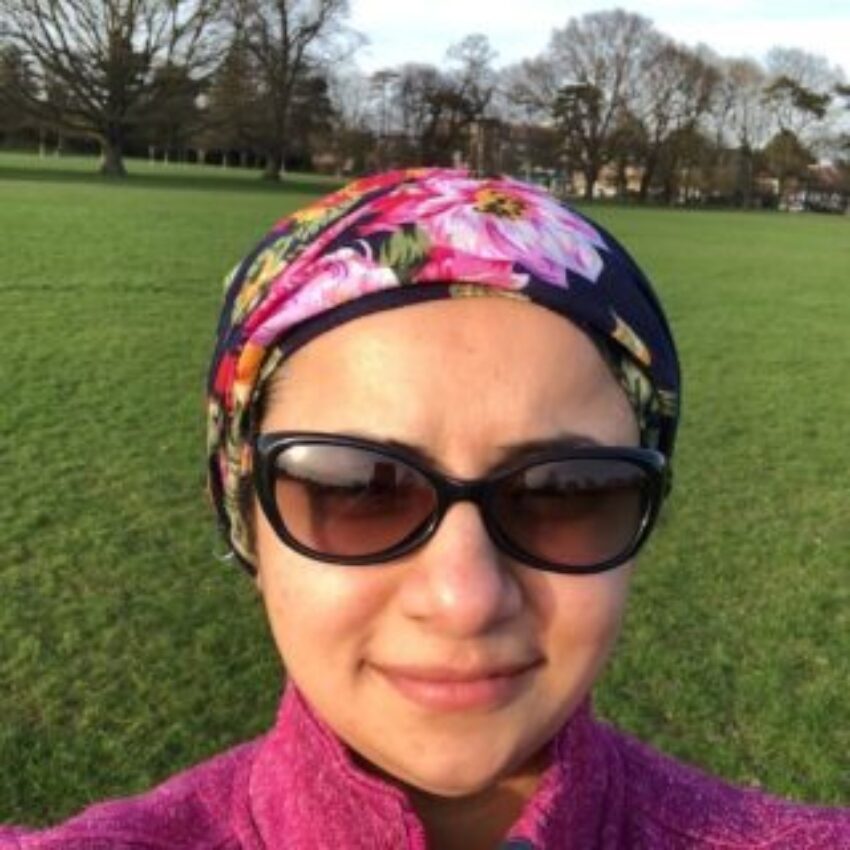Highlights
-
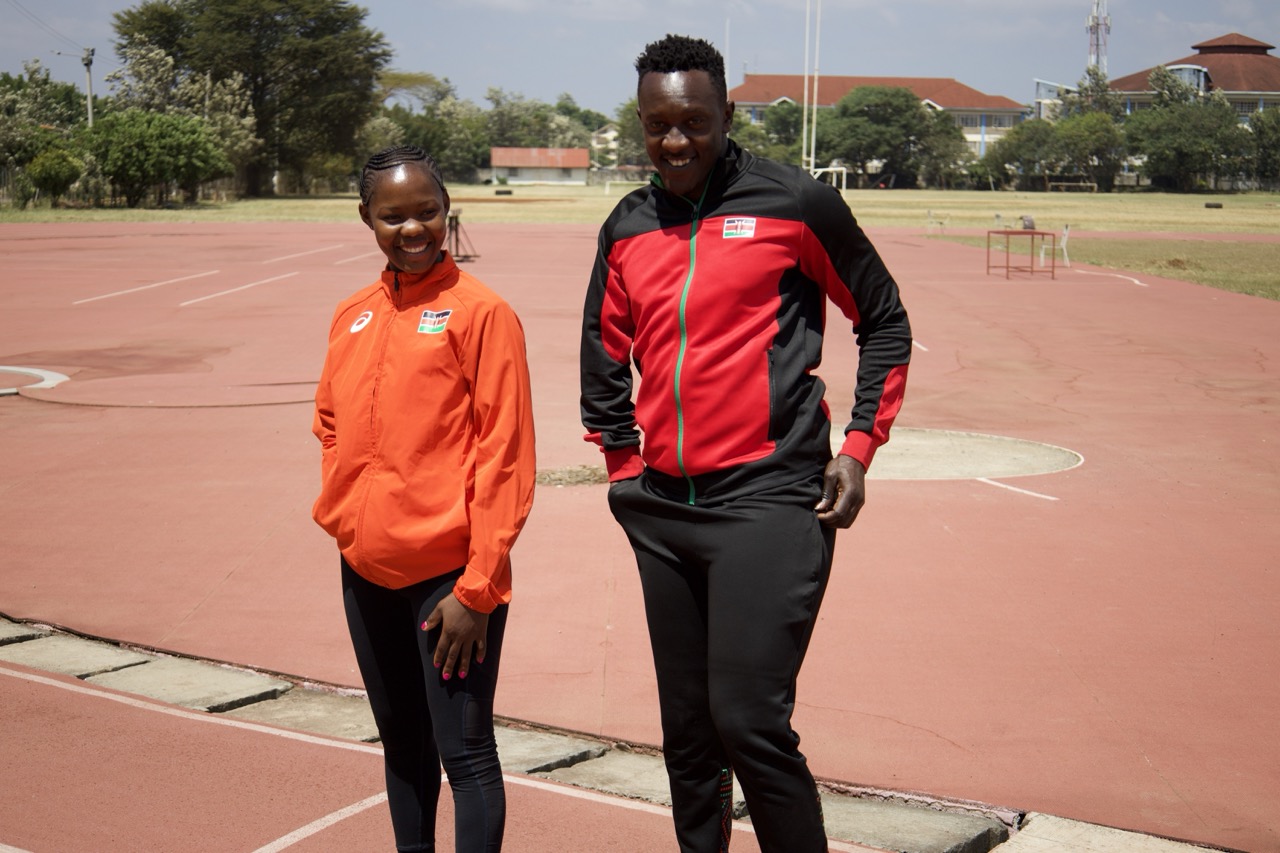
Kenyan para athletes
Harrison KamauMay 1, 2025KenyaAlongside Paris 2024 we explored innovative mechanisms to amplify para sport activities and drive change. Working alongside Kenyan athletes and the youth movement and award-winning media house Shujaaz – we were able to reach new audiences with the aim of dismantling stereotypes and sharing first person narratives of entrepreneurship, sporting achievement and community participation. Thought the narrative of successful para-athletes we have looked to spark youth interest to expanding the pipeline of future sporting talent. A vivid illustration of these efforts can be seen in the experiences of two Kenyan para-athletes who competed on the international stage at Paris 2024 – and were part of the team that ensured Kenya’s most decorated Paralympic team since 2008 Beijing. Samson Ojuka a long-jumper and sprinter. Here are the stories of the two para athletes.
-
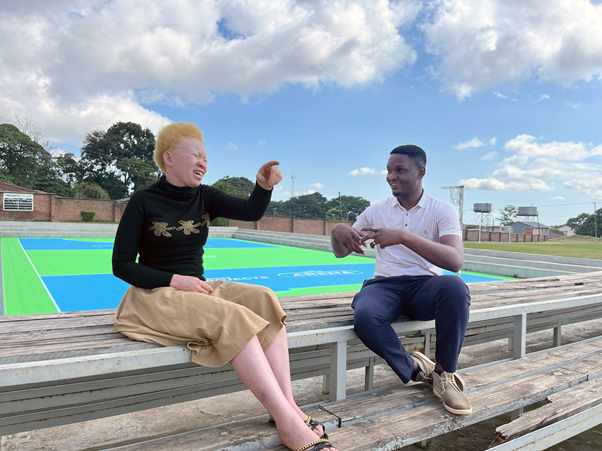
Amplifying Para Athlete Voices Through Radio Drama.
Story WorskshopApril 22, 2025MalawiIn the lead up to the Paris 2024 Paralympic Games six episodes of the popular Malawian radio drama series, Zimachitika (These Things Happen) were broadcast as a creative way of building interest in Para sport. In Malawi, radio remains a cornerstone of communication, with a listenership rate of 71.2% of the national population . This makes it the most consumed and trusted source of information in the country. With 76 licensed radio stations, ranging from national to community levels, radio has the unparalleled ability to reach diverse audiences. For 28 years, programs like Zimachitika, produced by Story Workshop Educational Trust (SWET), have leveraged this reach to address pressing social issues, including discrimination against people with disabilities. By weaving authentic narratives into its storytelling, the drama not only entertains but also educates and challenges societal biases, a strategy known as ‘edutainment’.
-
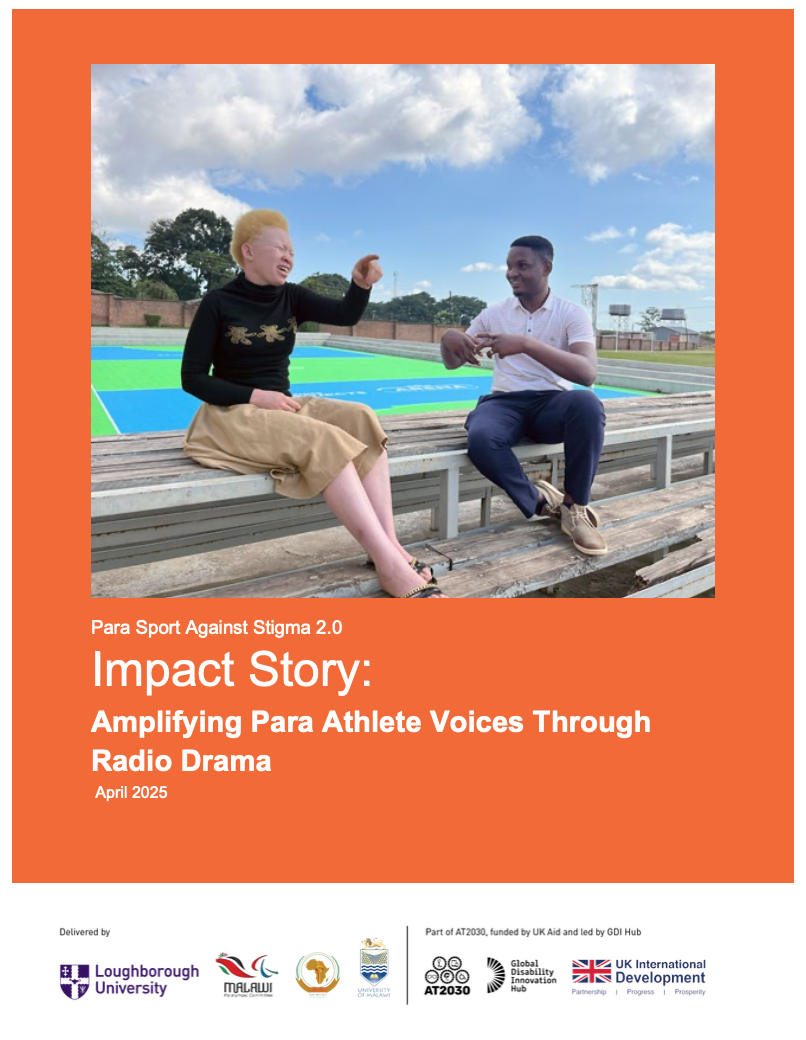
Impact Story: Amplifying Para Athlete Voices Through Radio Drama
Loughborough University, University of Malawi, Malawi Paralympic CommitteeMarch 31, 2025Gladys Chiwinja, a Malawian Para-athlete specializing in sitting volleyball and shot put, and Innocent Katsache, a scriptwriter at Story Workshop Educational Trust (SWET), sat down to discuss how sparking interest through radio drama contributed to challenging discrimination.
-
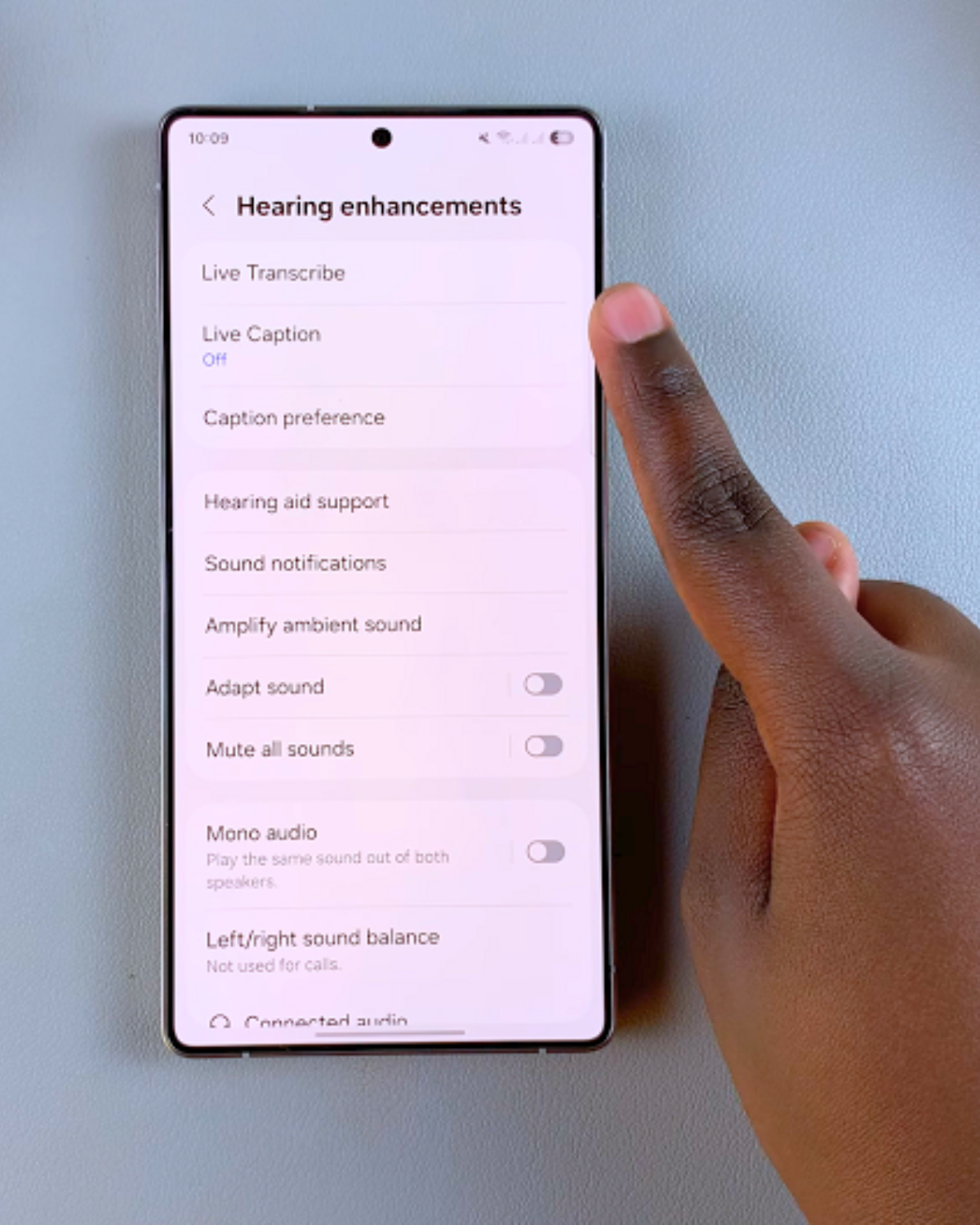
Joseph Etyang: Mobile as AT
Joseph EtyangMarch 28, 2025Joseph Etyang, a Deaf professional in Nairobi, shares how a specialised phone from Kilimanjaro Blind Trust Africa has transformed his daily life. With real-time captions, sound alerts, and accessible messaging, he can now communicate more independently; at work, at home, and beyond.
-
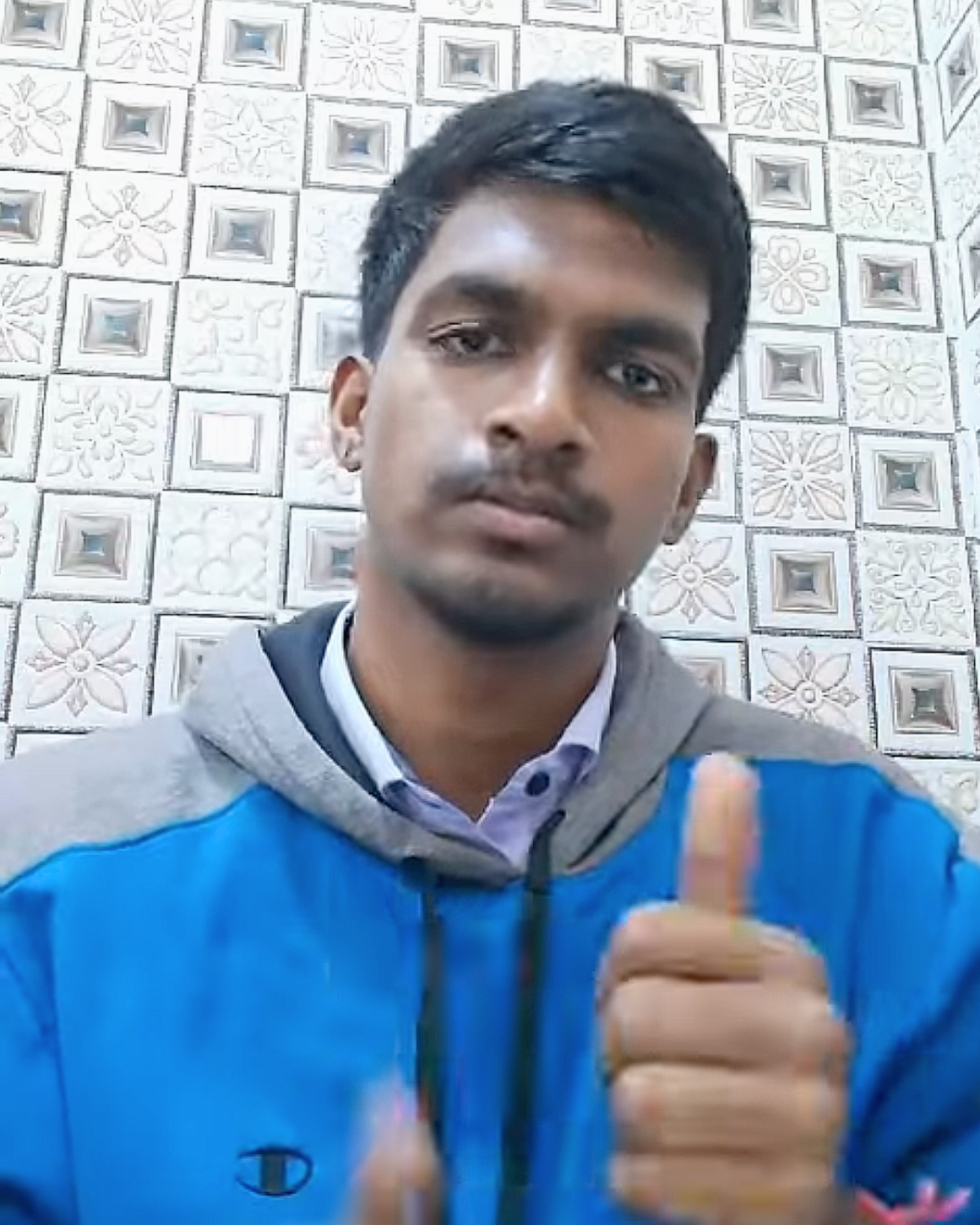
Bala Murugan
Global Disability Innovation HubMarch 28, 2025As mobile phones increasingly incorporate assistive features, they offer more accessible options for communication and daily activities. However, understanding how these technologies are used in low- and middle-income countries, where specialised devices may be less available, is crucial.
All Impact Stories
-
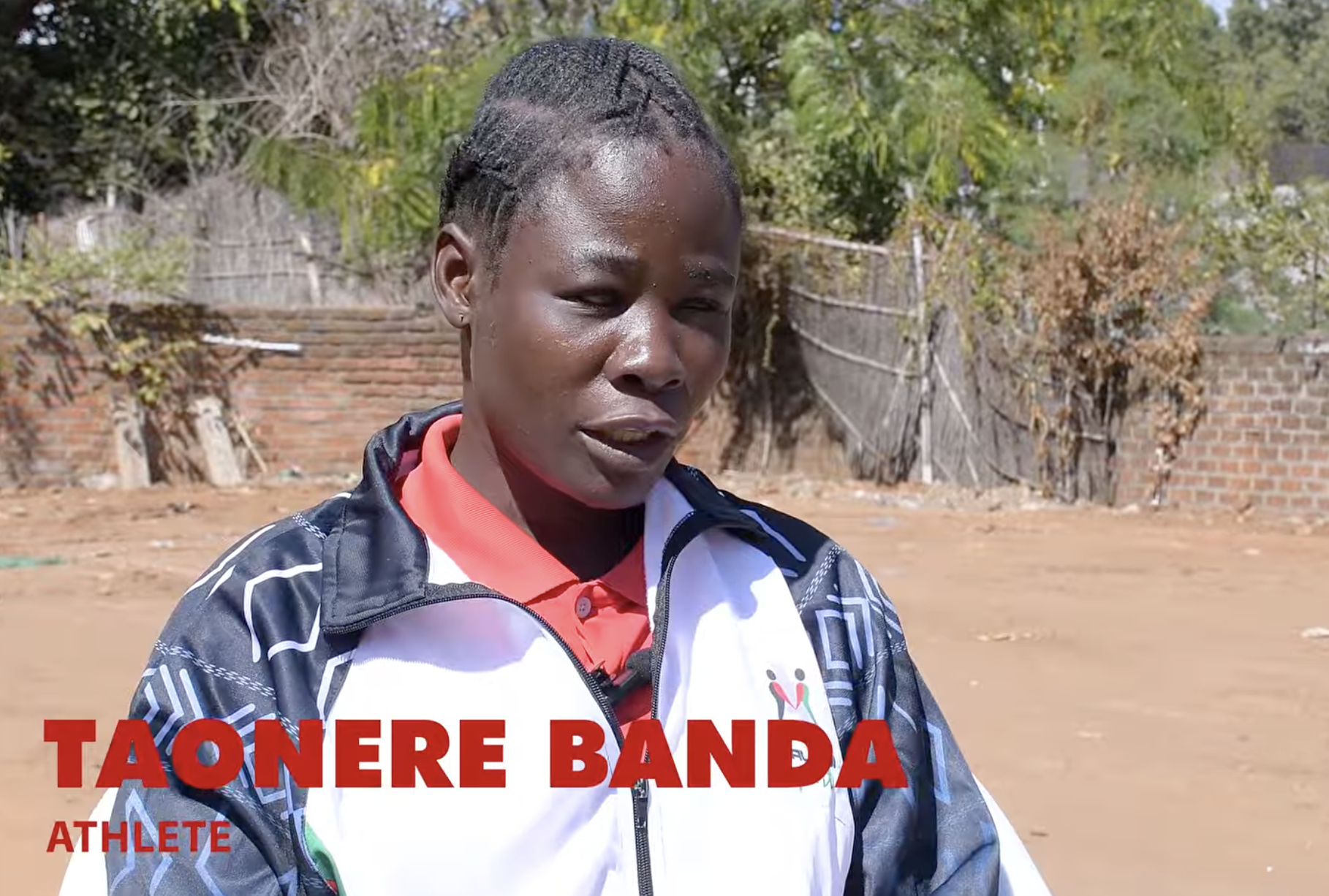
Listening First: What We Learned from an Exploratory Practice Activity on Athlete Storytelling in Malawi
Global Disability Innovation HubDec. 30, 2025MalawiCase Studies and ReportsSubline: The value of locally produced athlete stories When the Tokyo 2020 Paralympic Games took place, Malawi was in an unusual position. The Malawi Broadcasting Corporation held the rights to air daily Paralympic highlights for the first time, however there was very little locally produced footage, video storytelling, or photographic archive of Malawian Para athletes to support that coverage.
-
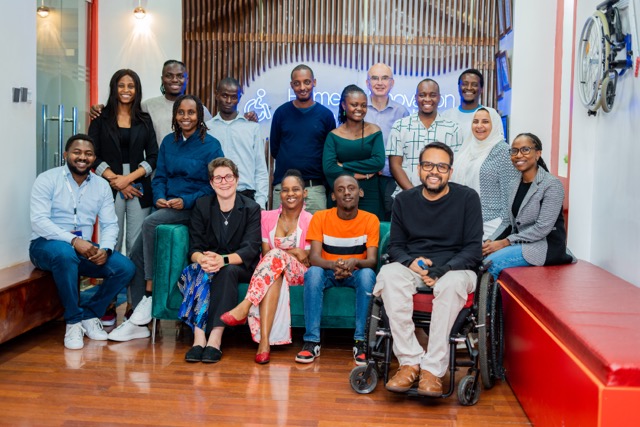
Building Inclusive Speech Recognition for All in Kenya
Global Disability Innovation HubNov. 21, 2025KenyaCase Studies and ReportsThe GDI Hub’s Centre for Digital Language Inclusion (CDLI) is working to change that. Through its Automatic Speech Recognition (ASR) project in Kenya, CDLI is developing speech recognition models tailored for people living with diverse speech patterns, including those with impaired speech. The goal is simple yet transformative: to ensure that voice technology is available and inclusive for everyone not just those whose speech fits conventional models.
-
Exploring OPD systems and capacity in Kenya and Pakistan webinar.
Global Disability Innovation HubSept. 30, 2025Kenya, PakistaanCase Studies and ReportsIn this webinar we heard from Organisations for Persons with Disabilities in Kenya and Pakistan who were part of the Global Disability Innovation Hub’s UK International Development funded #AT2030programme , a regional initiative has been rolled out to deepen understanding of Organisations of Persons with disabilities (OPD) needs and priorities in Kenya and Pakistan
-

GDI Hub’s Centre for Digital Language Inclusion (CDLI) co-creation sesison
Harrison KamauSept. 25, 2025KenyaCase Studies and ReportsGDI Hub’s Centre for Digital Language Inclusion (CDLI) is running an innovation sprint in Kenya, bringing together university teams, innovators, and mentors to co-create inclusive technologies using non-standard speech data. Building on learnings from the Ghana edition, this hackathon will culminate in a finale in November with top teams developing real-world MVPs, using ASRs trained on the voice samples that have been collected by the CDLI in collaboration with Senses Hub. With structured mentoring, stakeholder consultations, and user empowerment workshops, the initiative is designed to ensure that persons with speech impairments are not just represented but meaningfully involved in shaping solutions. The final prototypes aim to bridge accessibility gaps in communication and digital participation.
-

Inclusive ASR Innovation Sprint
Global Disability Innovation HubAug. 28, 2025KenyaCase Studies and ReportsAt the recent innovation kickoff, selected participants began refining their proposals. Over the next five months, innovators, developers, researchers, and designers will work together to create solutions that improve communication for people with speech impairments in Kenya and beyond. Participants will receive mentorship and training and have opportunities to win cash prizes, earn certifications, and publish or deploy their work. Here is a video of what the mentors and mentees had to say.
-
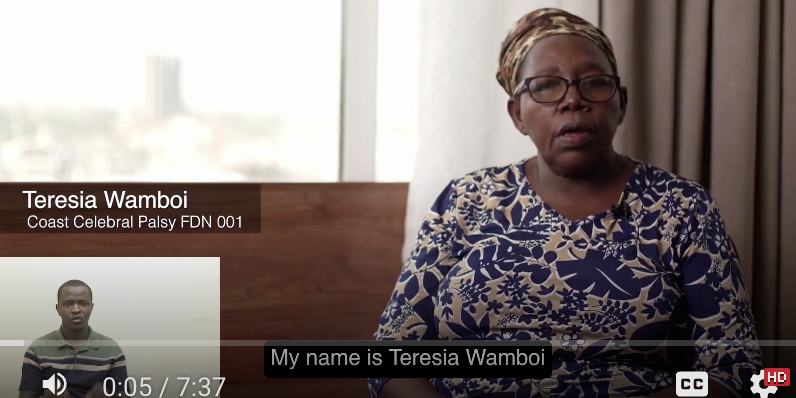
Empowering OPDs to Lead Change. Teresiah's story
Global Disability Innovation HubJune 5, 2025KenyaCase Studies and ReportsIn this video, hear from Teressia Wamboi from Coast Celebral Palsy FDN as she shares insights from our on-the-ground assessment. Discover how these findings are shaping targeted capacity-building interventions designed to empower OPDs with the tools, knowledge, and networks they need to drive change in their communities.
-
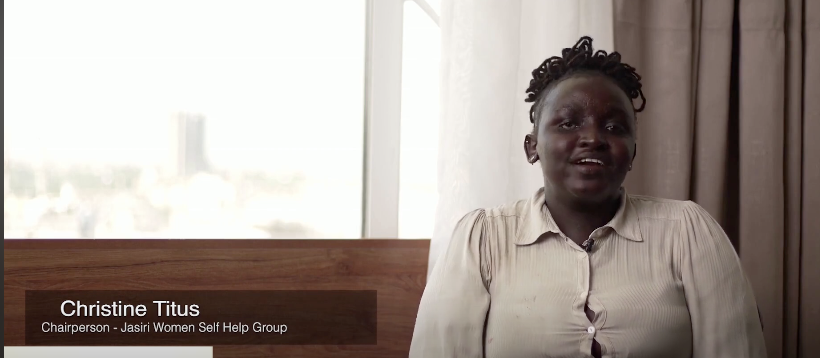
Empowering OPDs to Lead Change. Christine's story
Global Disability Innovation HubJune 5, 2025KenyaCase Studies and ReportsKilimanjaro Blind Trust Africa (KBTA), in partnership with the Global Disability Innovation (GDI) Hub as part of the AT2030 programme, funded by UK International Development, implemented a project to strengthen the capacity of Organisations of Persons with Disabilities (OPDs) to enhance their advocacy, organisational effectiveness, digital literacy, and skills in assistive technologies (AT). To support this initiative, Kilimanjaro Blind Trust Africa (KBTA), led by Global Disability Innovation Hub, carried out a comprehensive needs assessment in three counties —Nairobi, Mombasa, and Kisumu — to identify the challenges OPDs face in these regions. The needs assessment gathered actionable insights that informed the development of targeted capacity-building interventions for OPDs. Here is Christine Titus, chairperson Jasiri Women Self Help Group speaking during the needs assessment stage
-
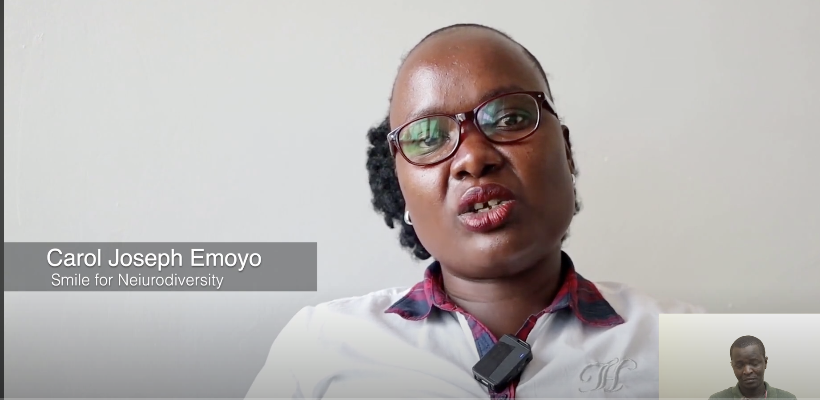
Empowering OPDs to Lead Change. Carol's story
Global Disability Innovation HubJune 5, 2025KenyaCase Studies and ReportsIn Kenya, to support this initiative, Kilimanjaro Blind Trust Africa (KBTA), led by Global Disability Innovation Hub, carried out a comprehensive needs assessment in three counties Nairobi, Mombasa, and Kisumu to identify the challenges OPDs face in these regions. The needs assessment gathered actionable insights that informed the development of targeted capacity-building interventions for OPDs. Here is Carol Emoyo, founder of Smile for Neurodiversity speaking during the needs assessment
-
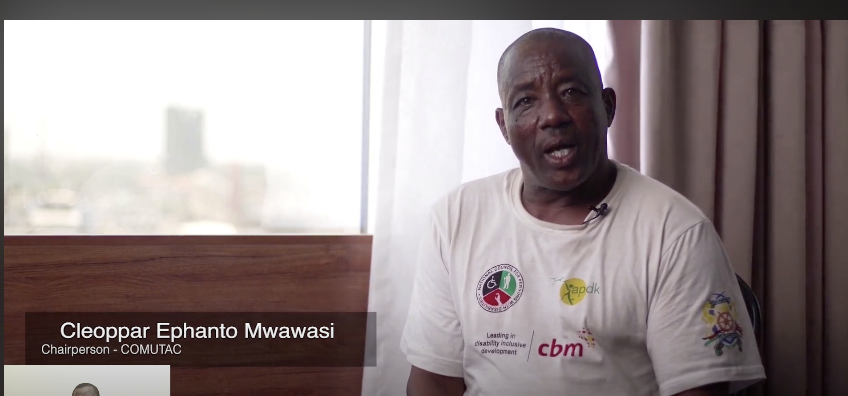
Empowering OPDs to Lead Change. Cleoppar's story
Global Disability Innovation HubJune 5, 2025KenyaCase Studies and ReportsIn Kenya, KBTA in partnership with the Global Disability Innovation Hub carried out a comprehensive needs assessment in Nairobi, Mombasa, and Kisumu to understand the real-world challenges OPDs face. This process included focus group discussions with 84 OPDs and a nationwide survey completed by 209 organisations. Here is Cleoppar Ephanto Mwasasi, chairperson of Child Advocacy the for United Community (COMUTAC).
-
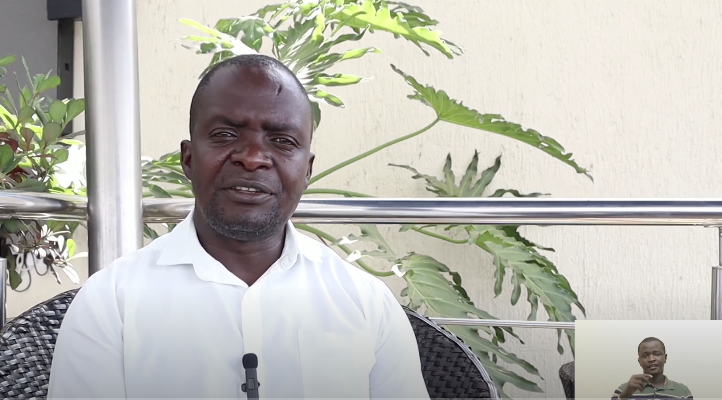
Empowering OPDs to Lead Change. Onyango Otieno's reflection
Global Disability Innovation HubJune 5, 2025KenyaKilimanjaro Blind Trust Africa (KBTA), in partnership with the Global Disability Innovation (GDI) Hub as part of the AT2030 programme, funded by UK International Development, implemented a project to strengthen the capacity of Organisations of Persons with Disabilities (OPDs) to enhance their advocacy, organisational effectiveness, digital literacy, and skills in assistive technologies (AT). Here is George Onyango Otieno, from County Government of Kisumu speaking during the needs assessment.
-

Empowering OPDs to Lead Change Emiliy Juma's story
Global Disability Innovation HubJune 5, 2025KenyaCase Studies and ReportsIn this video, hear from Emily Juma, director at Amazing Group for Persons with Disabilities from Mombasa county as she shares insights from our on-the-ground assessment. Discover how these findings are shaping targeted capacity-building interventions designed to empower OPDs with the tools, knowledge, and networks they need to drive change in their communities.
-
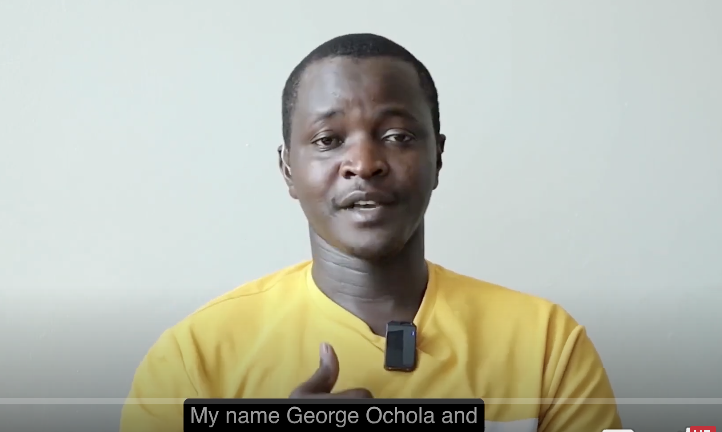
Empowering OPDs to Lead Change. George'story
Global Disability Innovation HubJune 5, 2025KenyaCase Studies and ReportsIn Kenya, KBTA in partnership with the Global Disability Innovation Hub carried out a comprehensive needs assessment in Nairobi, Mombasa, and Kisumu to understand the real-world challenges OPDs face. This process included focus group discussions with 84 OPDs and a nationwide survey completed by 209 organisations. Here is Geroge Ocholla from Nairobi speaking during the OPD needs assessment drive.
-
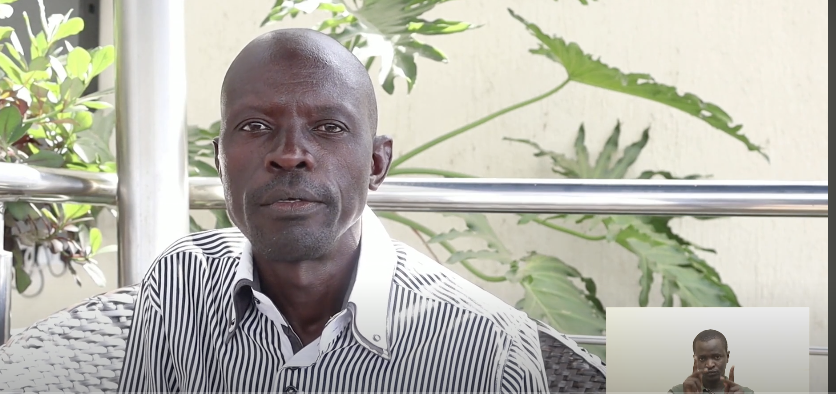
Empowering OPDs to Lead Change. Pauls' video
Global Disability Innovation HubJune 5, 2025KenyaCase Studies and ReportsIn this video, hear from Paul Olang Akeyo of the Kenya Disabled Information Advisory Center as he shares insights from our on-the-ground assessment. Discover how these findings are shaping targeted capacity-building interventions designed to empower OPDs with the tools, knowledge, and networks they need to drive change in their communities.
-
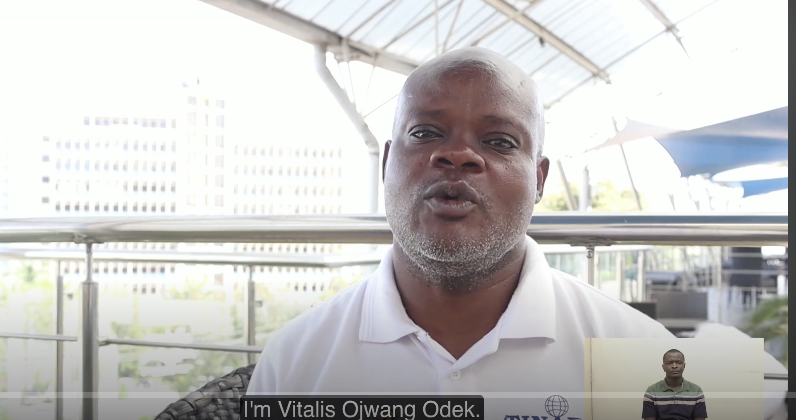
Empowering OPDs to Lead Change. Vitalis Odek's story.
Global Disability Innovation HubJune 5, 2025KenyaCase Studies and ReportsIn this video, hear from Vitalis ODek from Disability Agenda Kenya as he shares insights from our on-the-ground assessment. Discover how these findings are shaping targeted capacity-building interventions designed to empower OPDs with the tools, knowledge, and networks they need to drive change in their communities.
-

Empowering OPDs to Lead Change, Bill Clinton's story
Global Disability Innovation HubJune 5, 2025KenyaCase Studies and ReportsIn this video, hear from Bill Clinton an Advisory officer at Million Reasons to Smile as he shares insights from our on-the-ground assessment. Discover how these findings are shaping targeted capacity-building interventions designed to empower OPDs with the tools, knowledge, and networks they need to drive change in their communities.
-
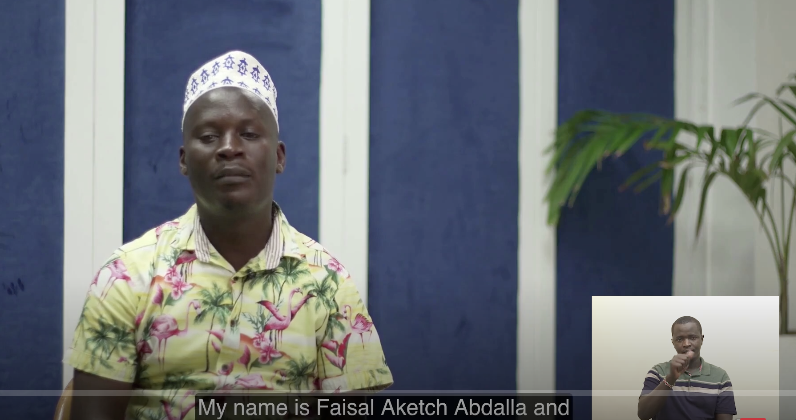
Empowering OPDs to Lead Change Feisal Abdalla's story
Global Disability Innovation HubJune 5, 2025KenyaCase Studies and ReportsIn this video, hear from Faisal Abdalla, president for persons with disabilities in Mombasa county as he shares insights from our on-the-ground assessment. Discover how these findings are shaping targeted capacity-building interventions designed to empower OPDs with the tools, knowledge, and networks they need to drive change in their communities.
-

Kenyan para athletes
Harrison KamauMay 1, 2025KenyaAlongside Paris 2024 we explored innovative mechanisms to amplify para sport activities and drive change. Working alongside Kenyan athletes and the youth movement and award-winning media house Shujaaz – we were able to reach new audiences with the aim of dismantling stereotypes and sharing first person narratives of entrepreneurship, sporting achievement and community participation. Thought the narrative of successful para-athletes we have looked to spark youth interest to expanding the pipeline of future sporting talent. A vivid illustration of these efforts can be seen in the experiences of two Kenyan para-athletes who competed on the international stage at Paris 2024 – and were part of the team that ensured Kenya’s most decorated Paralympic team since 2008 Beijing. Samson Ojuka a long-jumper and sprinter. Here are the stories of the two para athletes.
-

Amplifying Para Athlete Voices Through Radio Drama.
Story WorskshopApril 22, 2025MalawiIn the lead up to the Paris 2024 Paralympic Games six episodes of the popular Malawian radio drama series, Zimachitika (These Things Happen) were broadcast as a creative way of building interest in Para sport. In Malawi, radio remains a cornerstone of communication, with a listenership rate of 71.2% of the national population . This makes it the most consumed and trusted source of information in the country. With 76 licensed radio stations, ranging from national to community levels, radio has the unparalleled ability to reach diverse audiences. For 28 years, programs like Zimachitika, produced by Story Workshop Educational Trust (SWET), have leveraged this reach to address pressing social issues, including discrimination against people with disabilities. By weaving authentic narratives into its storytelling, the drama not only entertains but also educates and challenges societal biases, a strategy known as ‘edutainment’.
-

Impact Story: Amplifying Para Athlete Voices Through Radio Drama
Loughborough University, University of Malawi, Malawi Paralympic CommitteeMarch 31, 2025Gladys Chiwinja, a Malawian Para-athlete specializing in sitting volleyball and shot put, and Innocent Katsache, a scriptwriter at Story Workshop Educational Trust (SWET), sat down to discuss how sparking interest through radio drama contributed to challenging discrimination.
-
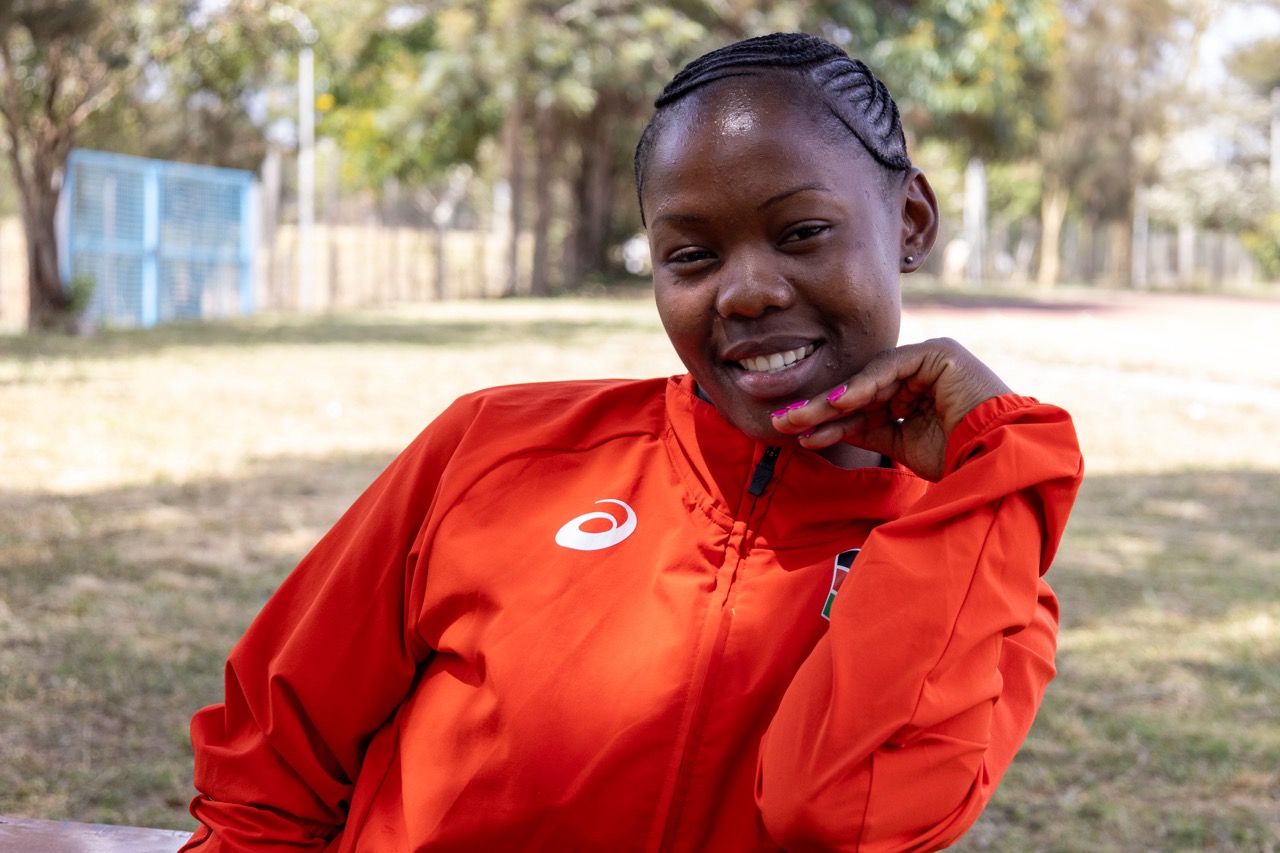
Kenyan Para athelete Stency Neema
Harrison KamauMarch 31, 2025KenyaAlongside Paris 2024 we explored innovative mechanisms to amplify para sport activities and drive change. Working alongside Kenyan athletes and the youth movement and award-winning media house Shujaaz, we were able to reach new audiences with the aim of dismantling stereotypes and sharing first person narratives of entrepreneurship, sporting achievement and community participation. Through the narrative of successful para-athletes, we have looked to spark youth interest to expanding the pipeline of future sporting talent. A vivid illustration of these efforts can be seen in the experiences of Stency Neema, a Kenyan para-athlete, para-badminton, and para-taekwondo star.
Next Page
Impact Stories & Community Collaboration
Storytelling can be a great tool to amplify the voices of disabled people and have their voices heard. Building on our previous work, this project explores ways for creative expressions of disabled people’s lived experiences through multi-sensory impactful storytelling.
Storytelling is the oldest form of knowledge sharing and learning that transcends geographies, cultures, and generations. In African and indigenous cultures, the storytelling tradition sustains communities, validates the experiences of indigenous people and nurtures inter-generational relationships and knowledge sharing. Telling stories also helps regain a sense of belonging, collective identity, and connection to the land.
Storytelling can be a great tool to amplify the voices of disabled people and have their voices heard. Building on our previous work, this project explores ways for creative expressions of disabled people’s lived experiences through multi-sensory storytelling. Sharing experiences and stories this way is the first step towards helping individuals develop a voice and skills to advocate for their rights and access to AT. We also explore ways to use technology to amplify these stories to create a positive impact on disability inclusion and improved AT provisions across LMICs.
Research
Social Media as Disability Self-advocacy Tool
This project explores the role of social media as a self-advocacy tool for disabled people. Using a mixed-methods human-centred approach, this project will generate in-depth insight into how disabled people use social media for advocate for disability rights, the barriers and facilitators that impact socia media use, and a toolkit to better serve disability storytelling through social media.
Activities
14 March 2023: AT Storytelling Workshop with International Disability Alliance, Geneva, Switzerland
Outputs
- Maryam Bandukda, Catherine Holloway, Diane Bell, Victoria Austin, "Challenges to disabled people’s participation in digital activism: A global south perspective", CHI 2023 Workshop: Supporting Social Movements through HCI and Design Research, https://sites.google.com/view/hcisocialmovements
- Maryam Bandukda, Catherine Holloway, "Bridging the disability divide in the global south through digital disability inclusion", CHI 2023 Workshop: HCI Across Borders: Towards Global Solidarity, https://hcixb.org/
People
